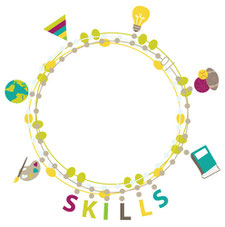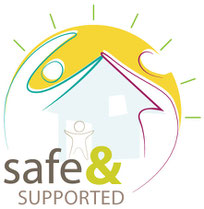The 3 Pillars of Critical Hours Programming
The critical hours are the time when children and youth are not in school and may be unsupervised or not engaged in any after school activities. This includes before and after school, weekends, PA/PD days, holidays, March break, and the summer. Having programming in these hours where youth and children aren’t really engaged in anything is essential. These programs are inclusive to many kinds of support systems varying of the needs and or interests of children and youth. Additionally, critical hours programming plays a vital role in the community to support children and youth’s emotional and physical health, academic success, and building up their sense of belonging in their community, contributing to improved emotional well-being. This sets children and youth up for success in both the present and future.
Critical hours programming rests on three foundational pillars which provide them with objective and direction, and are measures by which we can evaluate their success. The pillars are:
- Skill development
- Safe and supported spaces
- Positive relationships

Online Training
The Critical Hours Task Group produced a series of training videos and quizzes for critical hours staff to learn more about the Three Pillars. Quiz links will be available below in summer 2024, and be sure to scroll down to view the Three Pillars videos. Full playlist available at: https://www.youtube.com/playlist?list=PL5EebFsfaIbPBLEnx2GvkeCvf1GWOYov4.
- Skill Development
- Safe & Supported Spaces
- Positive Relationships
If you would like to have personalized quizzes for your programs or to set up a tracking system for your staff to complete the trainings, contact info@growingupgreat.ca. To view in French, please visit here.

Skill Development

Skill development in critical hours programs includes any skill that a child or youth needs to grow up great. This includes academic, physical, life, social and emotional, leadership, and creative skills. When students are engaged in high quality programming, they experience higher levels of intrinsic concentration and motivation which push their academic and social development forward, even beyond the specific skill being practiced.

Safe & Supported Spaces

Safe and supported spaces create a healthy environment for young people to grow and develop. This includes physical/environmental safety, emotional safety, and socio-demographic safety. When children and youth feel safe and supported, they are more likely to engage in the program. And they are more likely to take risks and step out of their comfort zone, which is an important step for growth and development.

Positive Relationships

Positive relationships in critical hours programming includes the relationships between peers as well as between children/youth and adults. Relationships are key to well-being. They act as a circle of support and are important to social and emotional development.
Flyer
Video development funded by:


